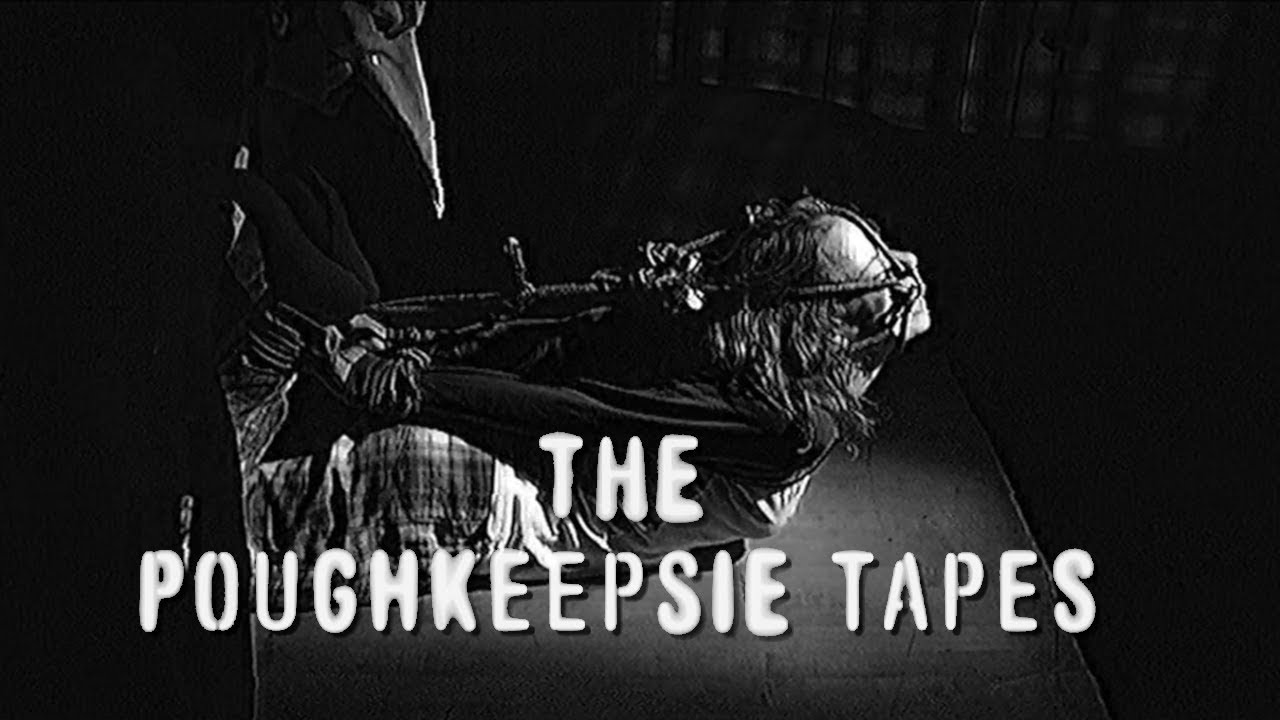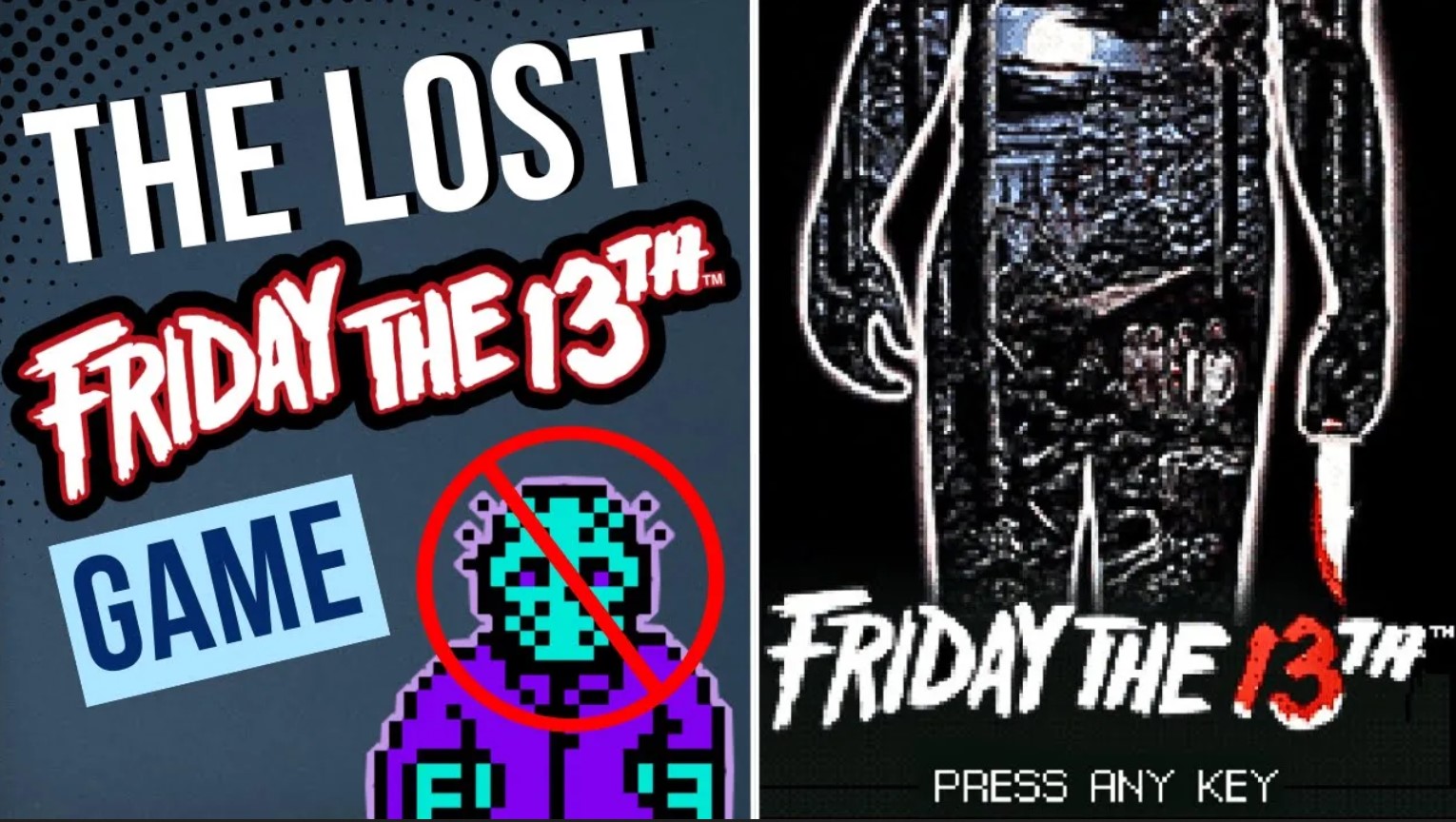“I don’t think either of us wants you alive for the things I’m going to do to you.”
The best found-footage movies – The Blair Witch Project, Hell House LLC – easily justify their format and answer the question that dogs every movie of this kind: “Why don’t you just put the damn camera down?” Fair point. A different version of found footage is compiled footage (think The Visit or Behind the Mask: The Rise of Leslie Vernon), and The Poughkeepsie Tapes is one of the best examples of this approach. Presented as a documentary (and paced as one too), the film is able to achieve a level of verisimilitude that blurs the line between fiction and life, and consequently establishes itself as one of the more disturbing horror films you’re likely to see.
The most effective part of John Erick Dowdle’s film is the underlying, pervasive sense of evil, of wrongness; along with films like Creep and Noroi: The Curse, The Poughkeepsie Tapes gives the impression of something verboten, like we’re watching something that is not meant to be seen. The film is presented as a documentary, in which we learn about a serial killer who would come to be known as the Water Street Butcher. The killer hasn’t been apprehended, but some 2400 hours of footage have been recovered from a cache of videotapes in his house. We’re told – from forensic analysts, detectives, FBI instructors – that the tapes are no less than vile. (“My wife watched half an hour of one,” a character says. “She wouldn’t let me touch her for a year.”)

Where Dowdle’s film excels in showing only as much footage as is needed. There’s an overarching plot to The Poughkeepsie Tapes, and it would be drowned out if there was an abundance of footage. Attendant to that, showing little or no footage would tell us that this movie has bark but no bite. Make no mistake: there’s plenty of bite here. Some scenes are so relentlessly unpleasant that it becomes hard to watch, even for seasoned viewers like myself (that’s not a flex; I’ve been doing this stupid column for years). The naked desperation and degradation on display lays bare the inhumanity of a serial killer, and I now wonder if part of The Poughkeepsie Tapes‘ grand design wasn’t dispelling the myth of the suave, even principled serial killer. This came out the same year as No Country for Old Men, and while that is inarguably the superior film, the two are in conversation at times. They share the same message: evil exists in this world. It cannot be reasoned with, it cannot be overcome, but if you’re lucky, it can be evaded.
It’s a testament to Dowdle’s crew of unknowns that the characters in the documentary who aren’t serial killers are as compelling as they are. They seem genuinely shaken, only barely hidden behind a veil of professional remove. It’s clear that they’re scared as they talk about the killer – named Edward Carver – and his evolution. He’s able to change his MO to look like a different killer, to manipulate the police and the media into looking where he wants them to. In Carver’s masterstroke, he frames a police detective for the murders and the man is executed, only to be exonerated days later. (A newspaper editor muses on the headline: “Serial killer kills cop using only justice system.”) There’s no sense, even a misplaced one, of watching someone get away with murder, the way you’d feel on, say, Dexter.

Where The Poughkeepsie Tapes might lose viewers in the extended sequences featuring Carver’s victim who suffered the most, a woman named Cheryl Dempsey. He abducts her and systematically tears her apart mentally, renaming her as “Slave,” and telling her he killed her family (“I’m all you have”). This is a lie, but of course Cheryl doesn’t know that, and one of the film’s most heartbreaking and discomforting moments comes when Carver dunks Cheryl’s head in water again and again, until she thanks him for killing her family. When Cheryl finally speaks to the documentary crew, she’s an empty husk of a person, missing a hand, eager to please and terrified when she can’t. “I don’t know what you want me to say,” she repeats. We learn in the hospital that Cheryl was intentionally hurting herself because she didn’t know what life was before pain. If that sounds unpleasant, well, it is.
If there’s one real knock I can make against The Poughkeepsie Tapes, it’s that we never get insight into Carver’s psyche – why all the theatrics? The plague doctor mask, the ruffled collar? The cynical part of me wonders if this is left unexplored for the sake of a sequel, but since that never materialized we’re left with most of a killer instead of the entirety. That might not be a bad thing, now that I think about it: I don’t know how much time I want to spend in the mind of Edward Carver.
It’s hard to give a full-throated recommendation of The Poughkeepsie Tapes. I won’t say I enjoyed myself, but I was riveted, and more than a little unnerved. Good horror films you can feel up your spine. I felt this one in my gut. It’s a sinking feeling, it comes at you all at once, and makes you wonder if this world is a good place after all. Decide for yourself if that’s what you want out of your horror.




